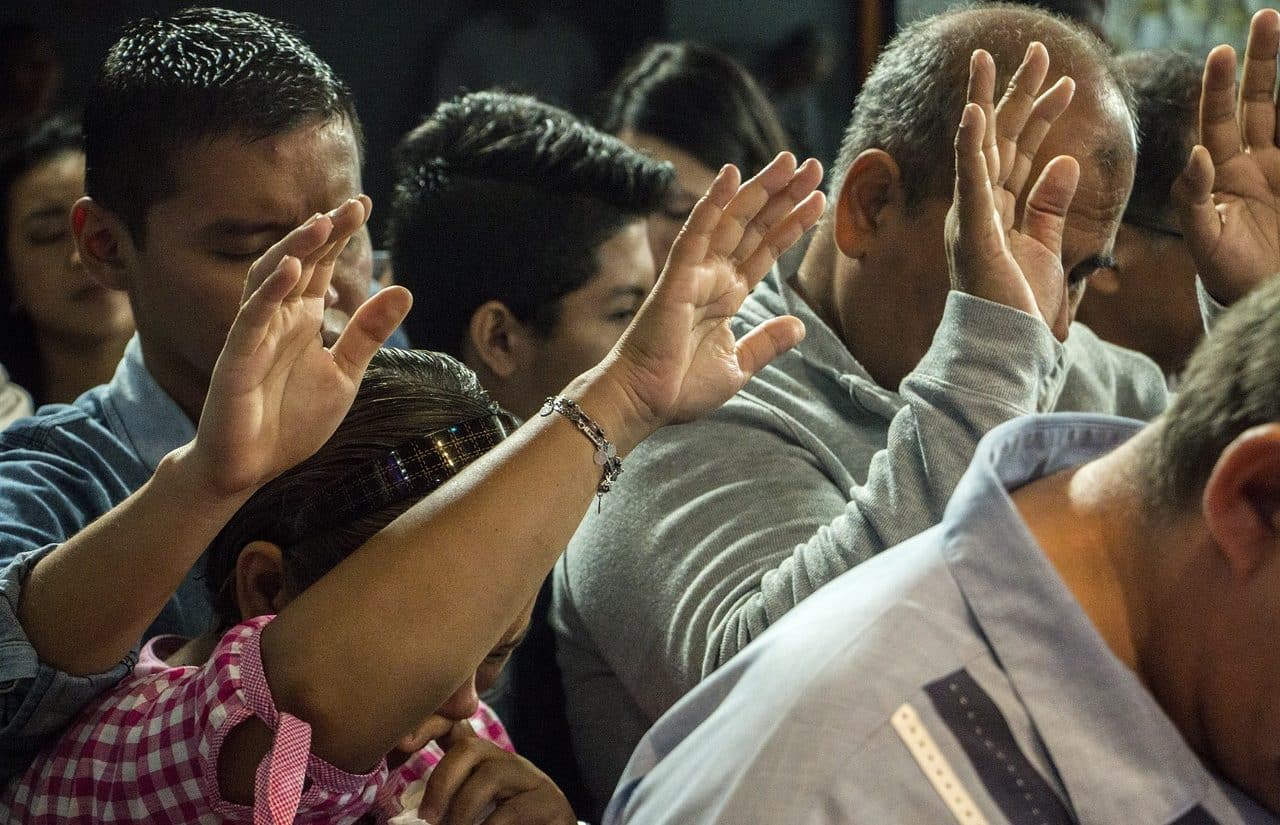
Praise is common in religion.
Praise is the act of praising . This verb , for its part, refers to glorifying, exalting or celebrating through words .
A praise, therefore, can be a phrase, a song or a speech with which one praises. For example: “I like meetings of praise to God that include music,” “The Christian rock band will offer a praise concert at the Teatro del Viento,” “I appreciate the praise from people and journalism, but I honestly don't pay attention to it.” pay attention to the praise: I just try to do everything possible for my team to win.”
Etymology of praise
To know the meaning of the term that concerns us now, it is important to discover its etymological origin. In this case, it must be stated that it derives from a Latin word that means "quality of the person who gives praise" and that it is the result of the sum of two different parts:
- The verb alapari , which can be translated as “boast” or “praise.”
- The suffix -anza , which indicates “quality” .
Positive statements
Praise is made up of positive statements pronounced about an individual or a thought. This is the opposite of criticism that mentions the negative elements of something. At the level of psychology , praise can help a person improve their self-esteem and gain greater security.
Take the case of a footballer. If at the end of a tournament, the press affirms that the player in question is “the best in the world” , congratulates him for his “outstanding level” and maintains that his talent is “incomparable” , the athlete in question is receiving praise.

A praise can be a compliment.
Praises in religion
In religion , praises are words that are dedicated to God to exalt his divine figure. These postulates can be pronounced through statements, songs or dances, or they can even be manifested only internally through thoughts.
Religious praise, in this way, involves worshiping and paying tribute to divinity , which is recognized as Superior since it transcends the human dimension.
The concept in literature
Within the scope of literature , we cannot ignore the existence of praise. In this case, the term is used to refer to a text that is made in honor of someone, a place, a divinity...
However, throughout history there have been many points of view on the matter. In this way, for example, the Italian philosopher and humanist Giulio Cesare Scaligero (1484-1558) considered that a praise could be written in honor of a person who was alive or dead.
There are many types of praise texts, especially the following:
- Panegyric , which is considered to be a speech to praise a person.
- Elegiac , which is performed to honor an individual who has died and which also serves to make clear what their loss feels like.
- Epithalamium . Under such a unique name there is a praise that takes place in wedding ceremonies.
- Propémptico , which is undertaken as a tribute to a person who is leaving to wish them the best and ask them to return soon.
